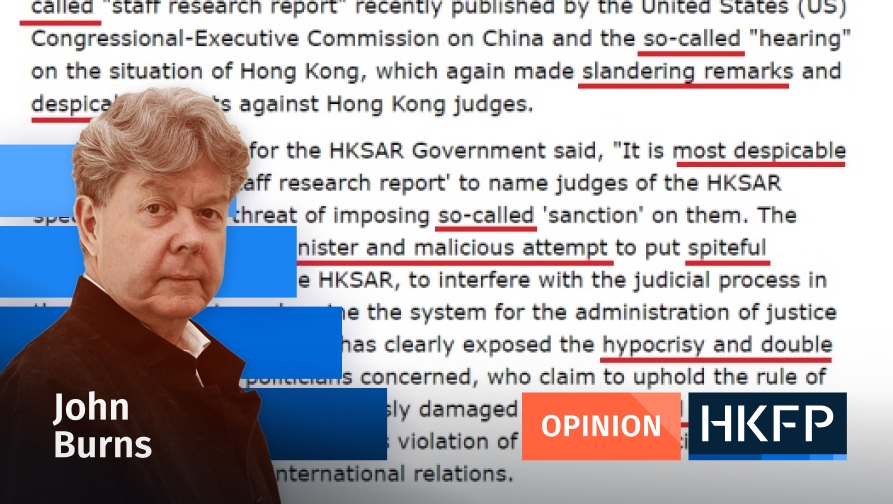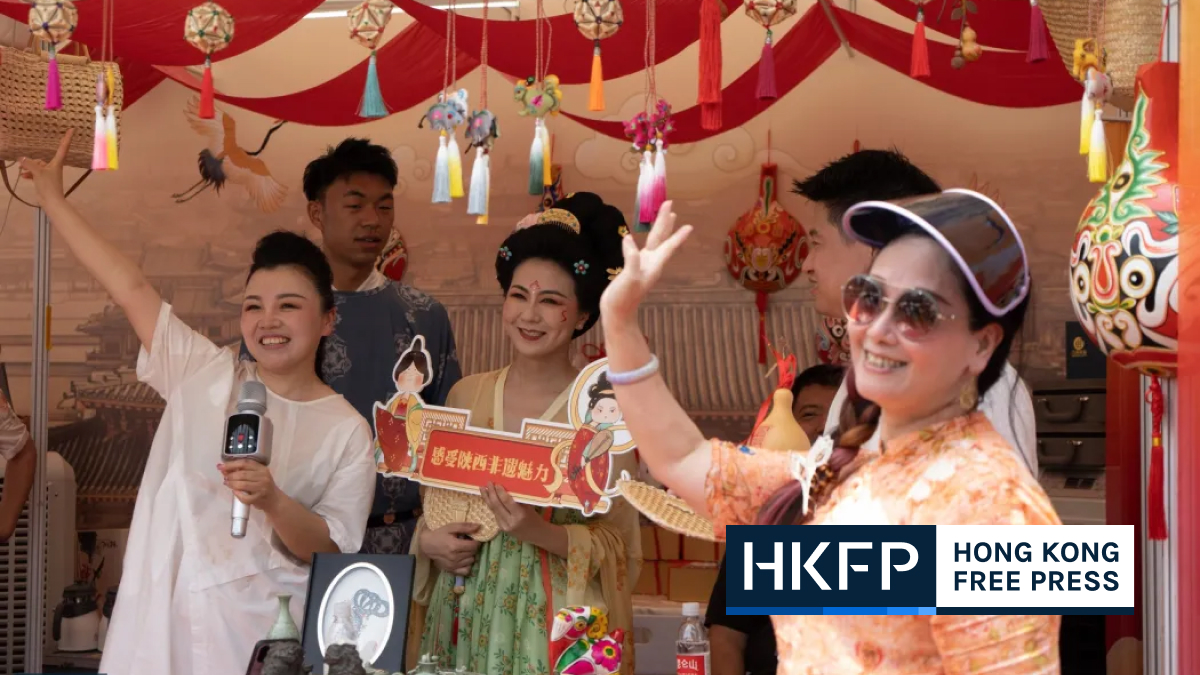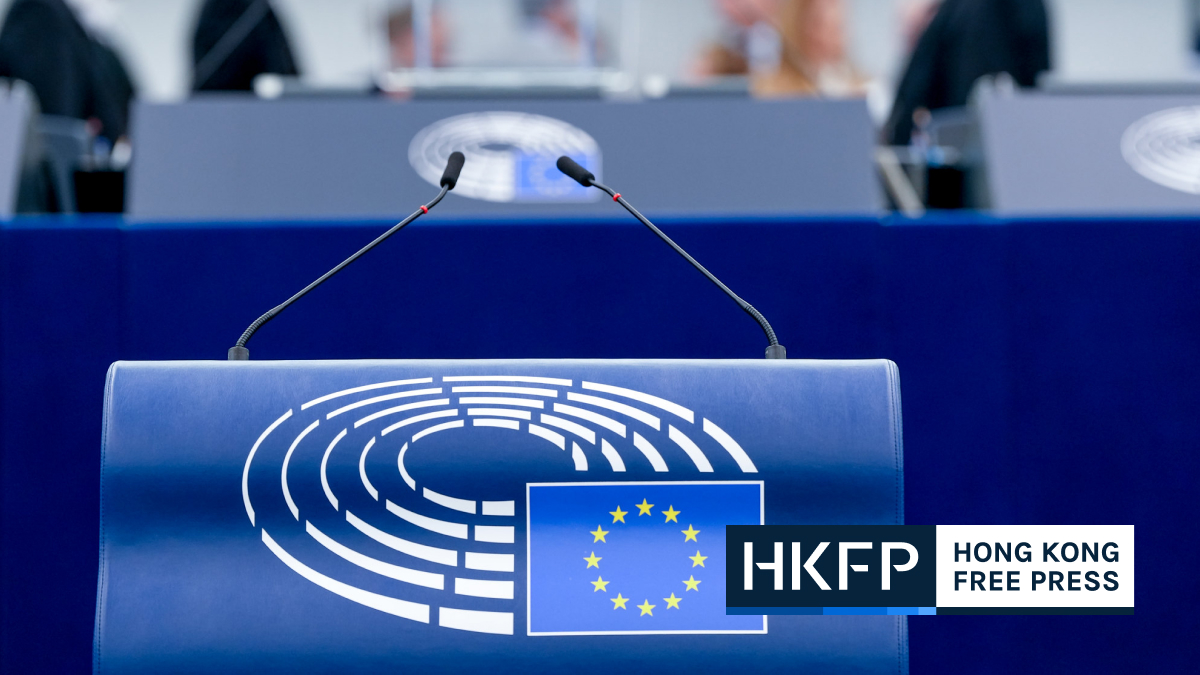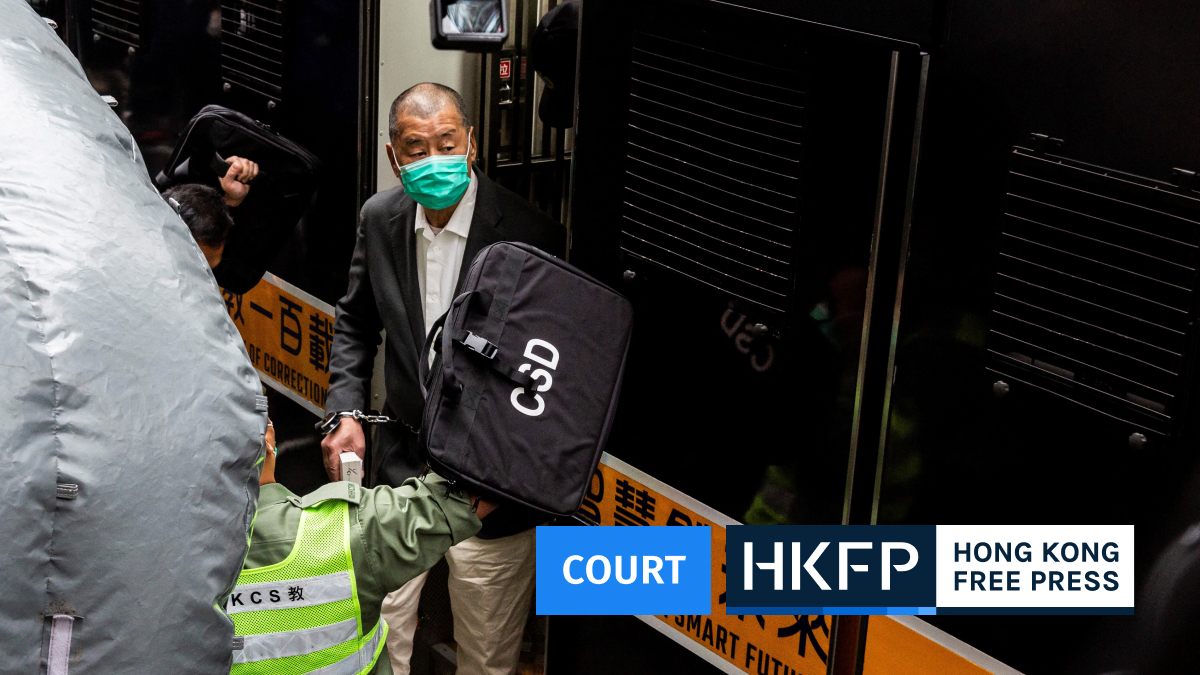A Hong Kong court has found a man guilty of inciting secession under the security law over the content of slogans he chanted and speeches he made in 2020. He is the second person to be convicted under the controversial security law, enacted by Beijing last year.

Ma Chun-man, 30, was accused of chanting slogans and making speeches calling for Hong Kong’s independence on at least 20 public occasions, and via social media, between August and November 2020.
The verdict was handed down by District Court Judge Stanley Chan on Monday afternoon, after a four-day trial. Chan said he believed Ma’s speech demonstrated that he clearly intended to incite secession, a violation under the national security law. Ma “advocated a clear political intention” and was “without reservation,” he added.
2nd security law trial
Activist Tong Ying-kit was the first person to go on trial under the security law imposed by Beijing in June 2020. He was sentenced to nine years in prison in July for inciting secession and committing terrorism.
Tong, who is appealing the conviction, was prosecuted for flying a flag with the popular protest slogan “Liberate Hong Kong, revolution of our times” as he rode his motorcycle at a group of police officers. Ma was tried solely for the slogans he chanted and the speeches he made. He declined to give evidence or to summon witnesses.
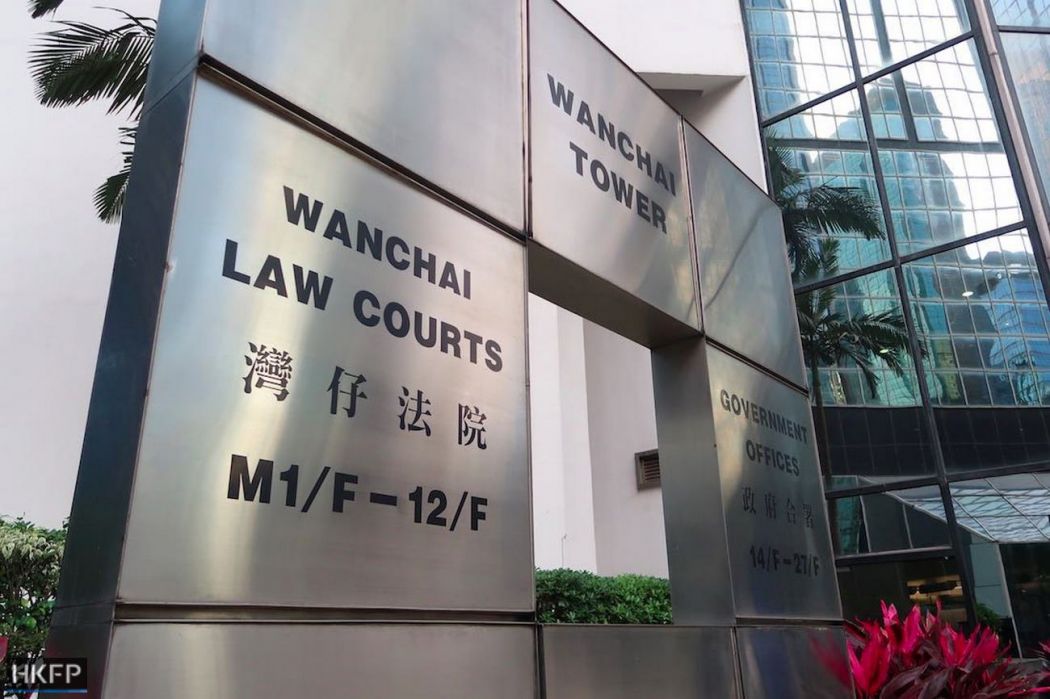
Ma, nicknamed “Captain America 2.0,” was a regular sight at the 2019 protests. He had been in custody for 10 months since his arrest last November and faced a maximum of seven years’ imprisonment upon conviction.
Judge Chan heard closing submissions from Ma’s senior defence counsel Edwin Choy and from prosecutor Laura Ng in early October. Choy argued that his client was “immature” when he chanted pro-independence slogans in 2020.
Ma’s intention was to prove that the security law would not silence free speech, Choy said, and he was not making sincere calls for independence.
The prosecution argued that Ma’s calls were genuine as he advocated “a will for independence.” They also submitted as evidence t-shirts found at Ma’s home, printed with the words in Chinese: “I’d rather die speaking than live in silence,” and in English: “Give me liberty or give me death.”
‘Misplaced’ arguments
On Monday, Chan said that the arguments made by Ma’s defence counsel were “self-justifying and disregarded facts” when they claimed that Ma had no intention to incite secession but only sought to prove that the national security law would protect free speech. “The incitement charge does not require proof that others had been incited, and whether there were real actions to cause incitement was not a criminal element [that needed to be proven],” Chan said, adding that the emphasis in arguments made by the defence were “misplaced.”
“Whether or not he breached the law did not depend on whether he believed he breached it, [otherwise] the world would become a total chaos,” Chan ruled.

It also did not follow that the slogans he chanted were empty or void of meaning, or whether or not they had elements of violence, despite the defence’s arguments, he said.
Chan said that he believed evidence submitted showed Ma’s intent, and the slogans Ma chanted, the speeches he made, and the interviews he gave were all “consistent.”
“The court believes he expressed his stance and feelings sincerely and hoped that others would join him,” the judge said. Evidence submitted by prosecutors from the 20 occasions also demonstrated that Ma was not merely acting impulsively.
Ma wore a grey sweater. He appeared stern but calm throughout the verdict’s reading.
US representative
Before Monday’s hearing started Chan warned members in the public gallery against displaying or using any political slogans, speaking loudly, or “pretending to cough.”
Representatives from the US and the Australian consulates in Hong Kong were present in the public gallery during the hearing. The US remained “deeply concerned” by the deterioration of freedoms under the national security law, the US representative told HKFP after the hearing.
Ma is due to be sentenced on November 11.
Support HKFP | Policies & Ethics | Error/typo? | Contact Us | Newsletter | Transparency & Annual Report | Apps
Help safeguard press freedom & keep HKFP free for all readers by supporting our team





















